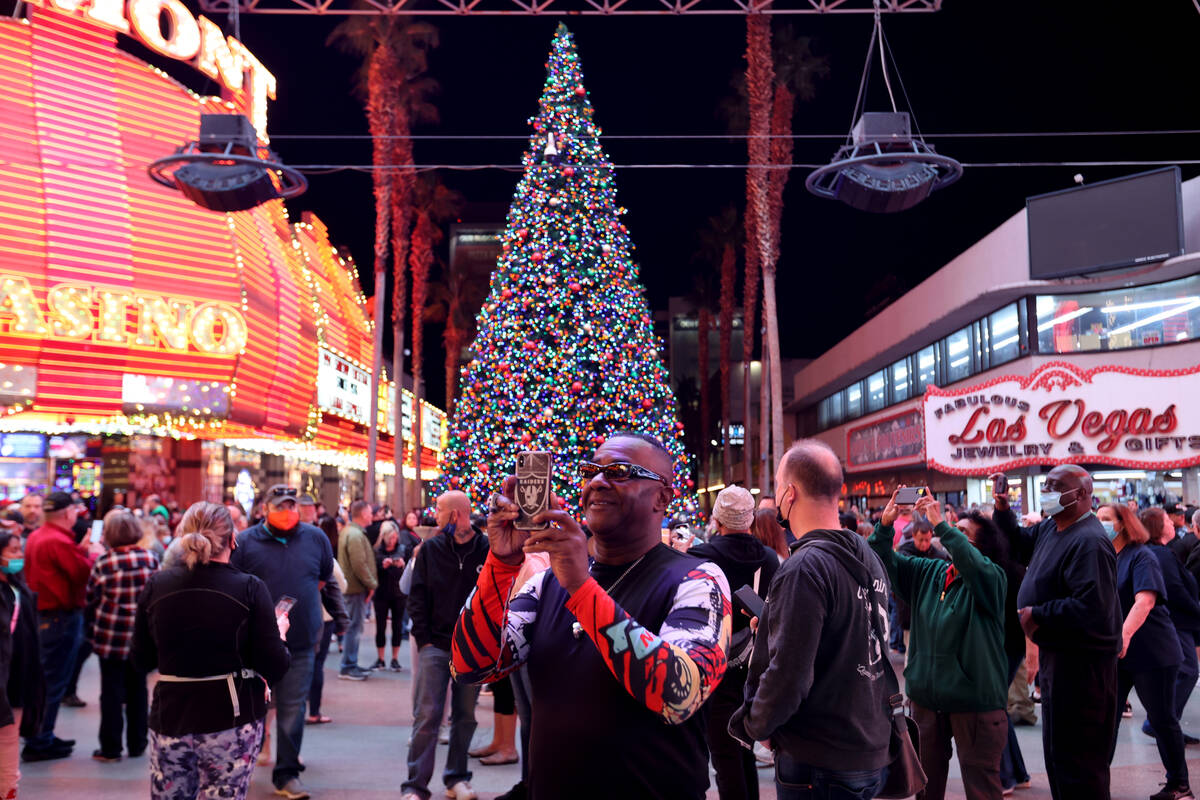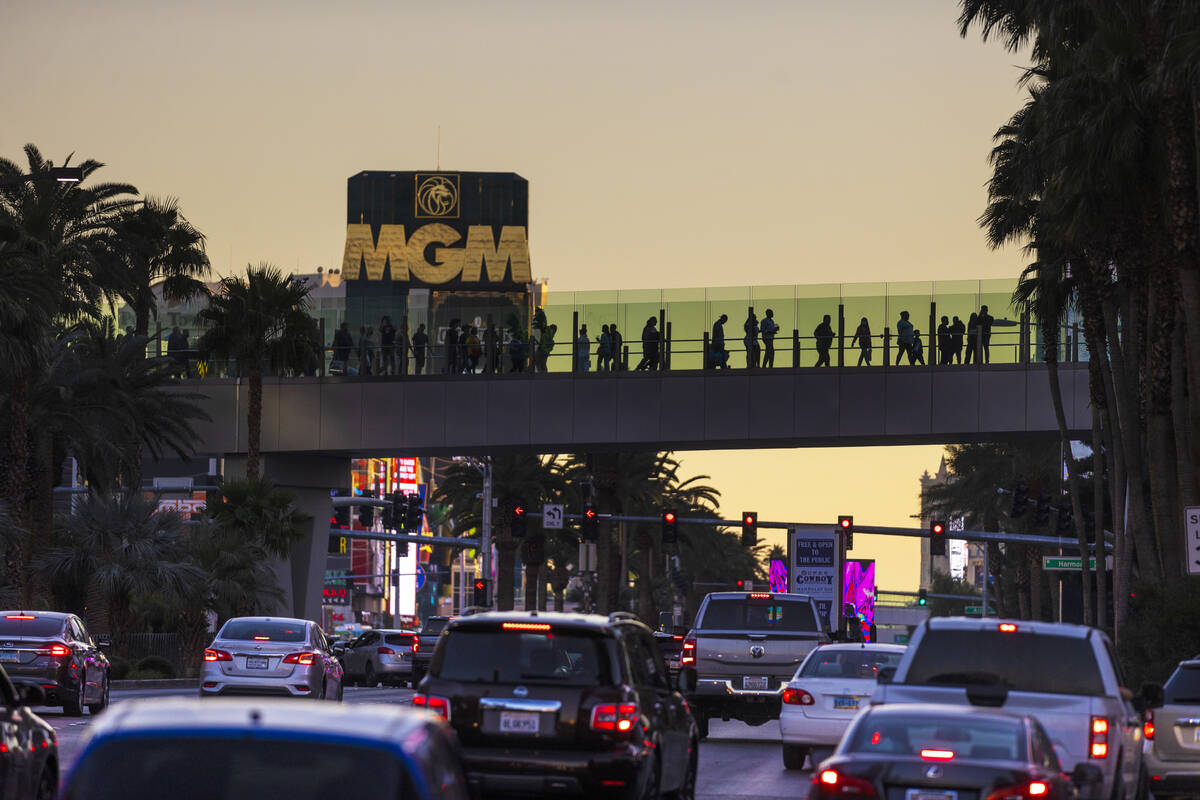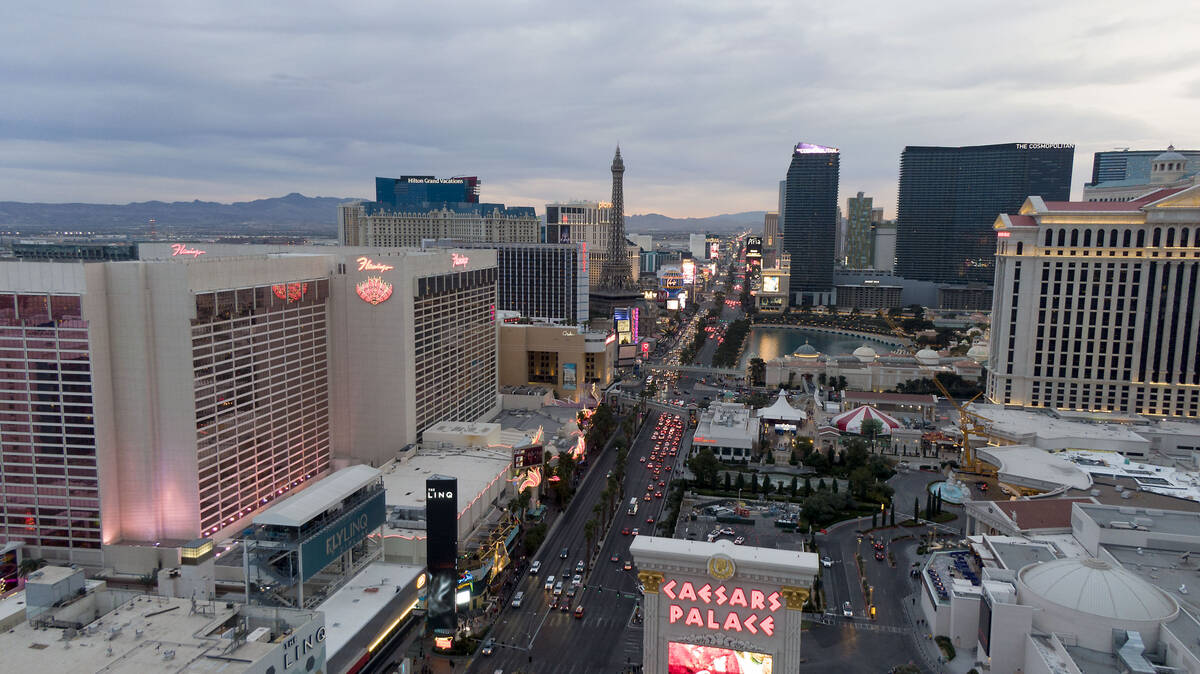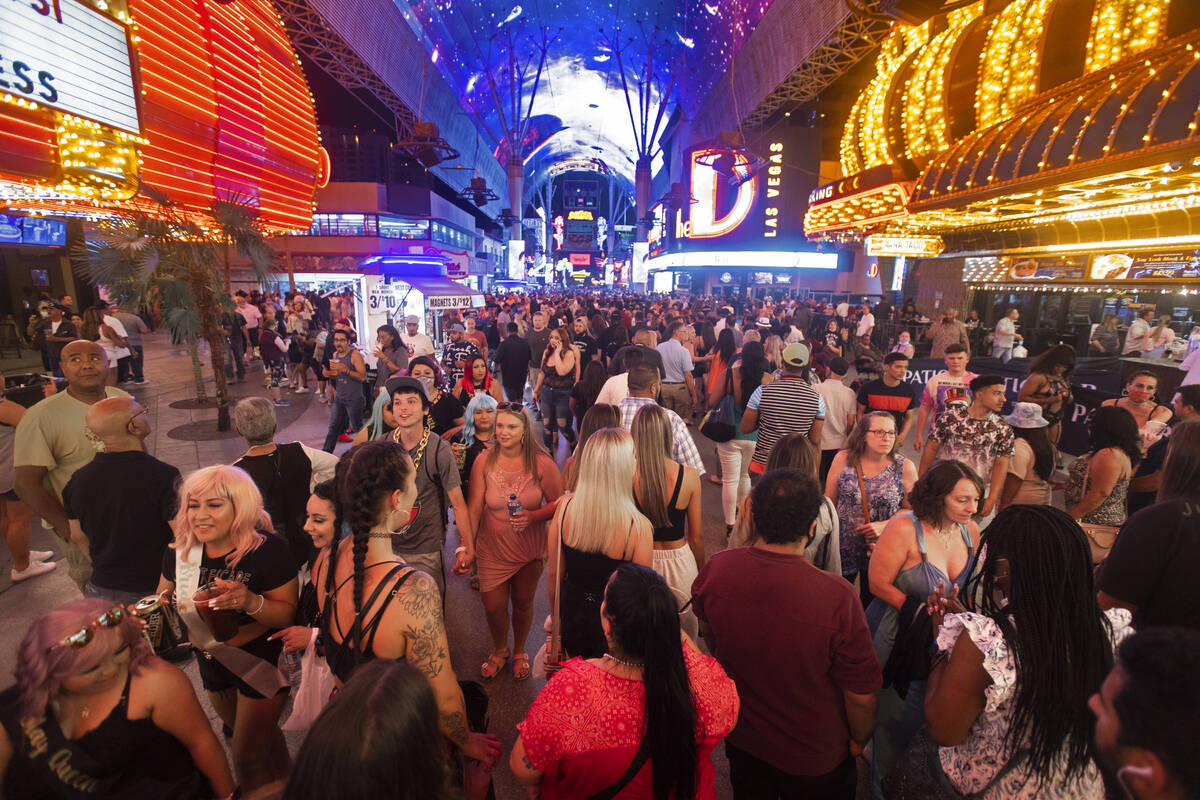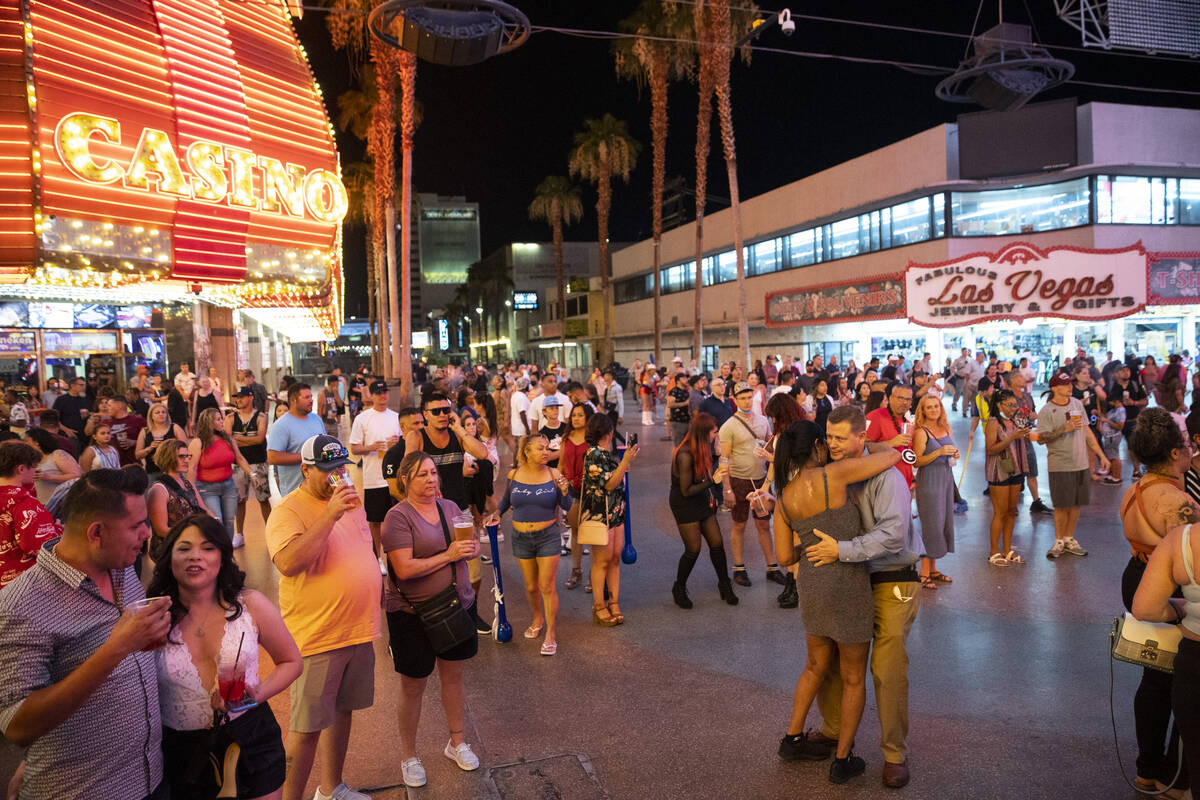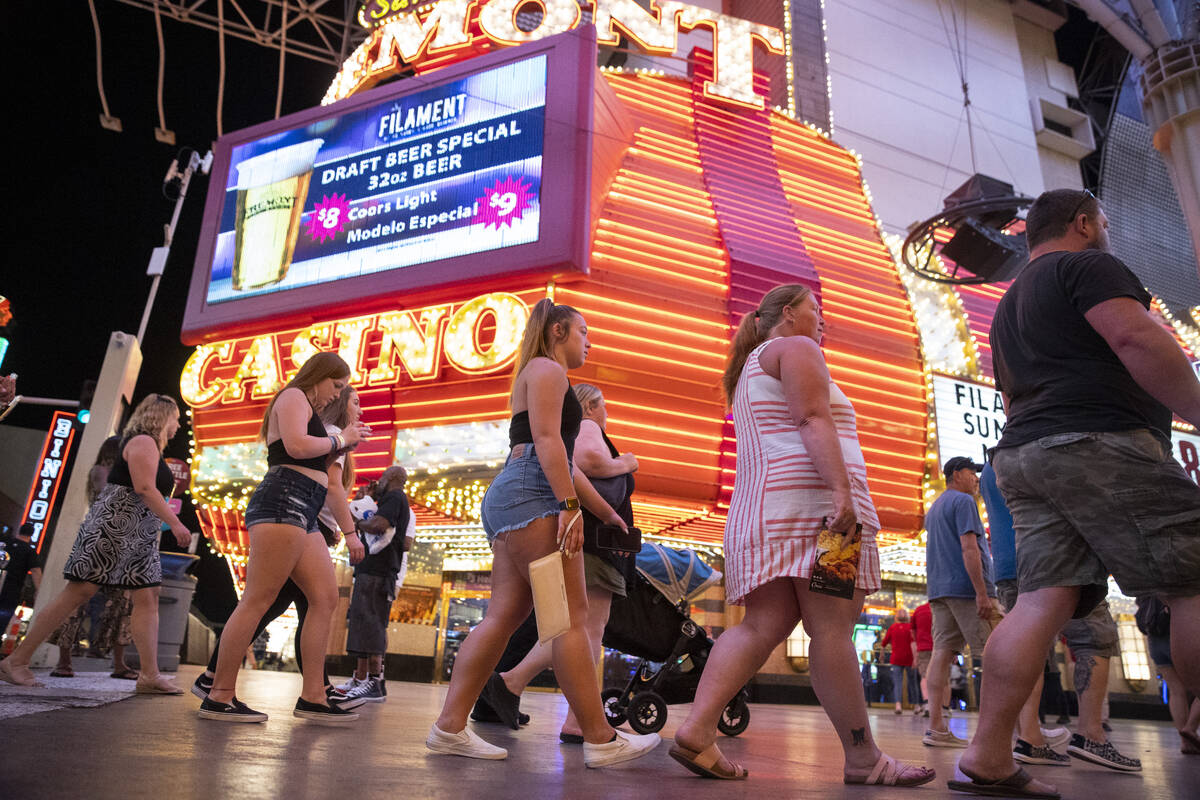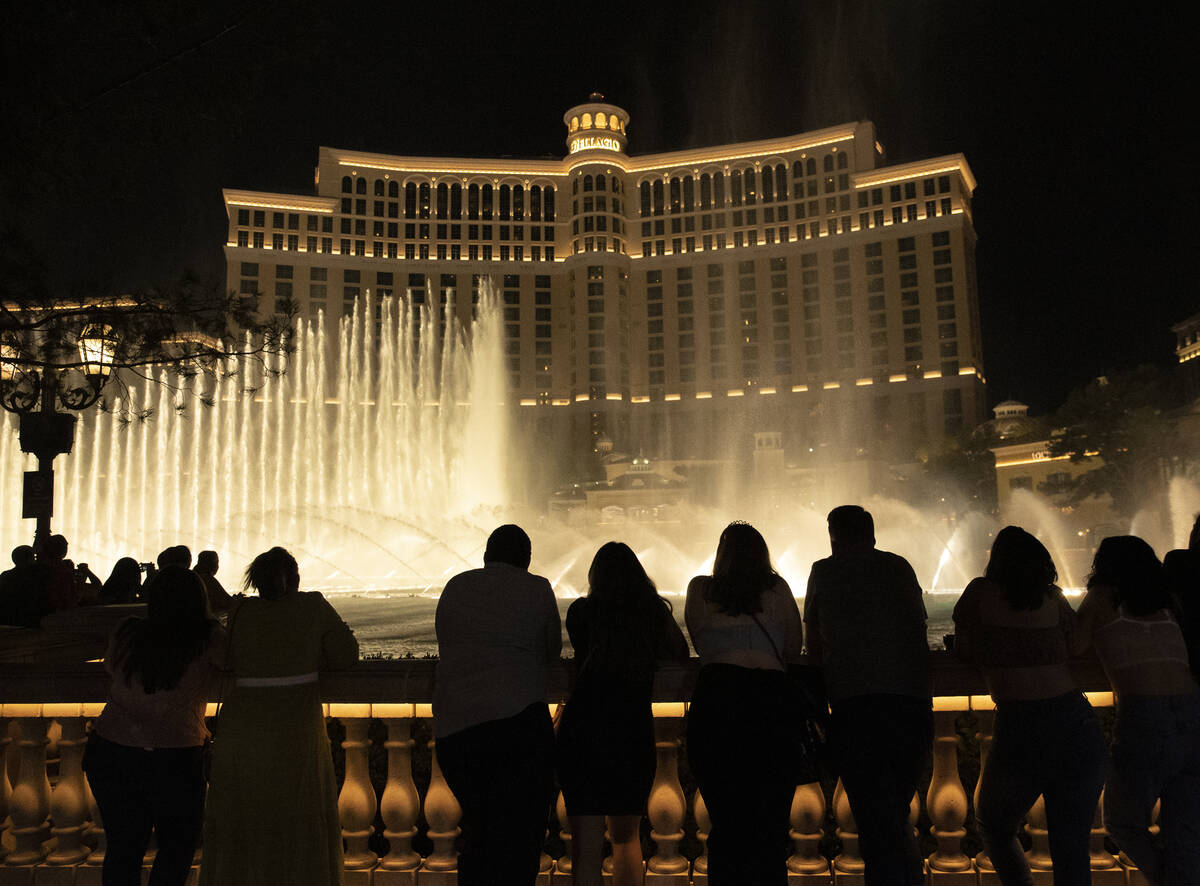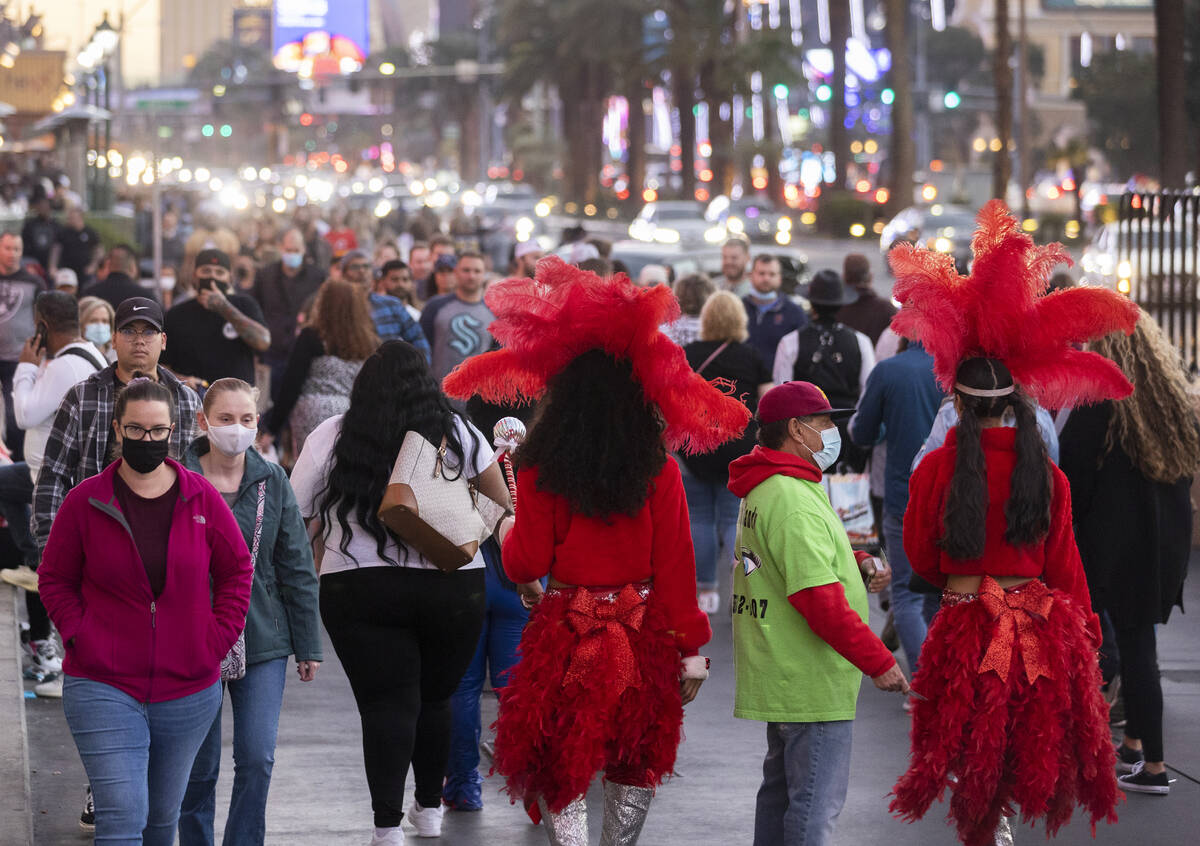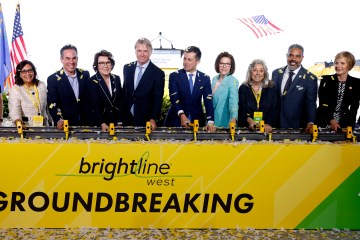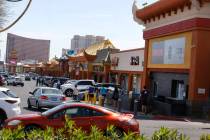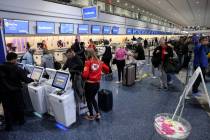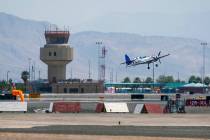‘We’re not yet recovered’: Why tourism industry is still climbing back
MIAMI — When the coronavirus pandemic upended daily life last year, forcing businesses to close and keeping people home, tourism all but came to a halt.
In casino-heavy Las Vegas, the local economy was devastated by the outbreak, as more than 30 percent of the workforce was unemployed at one point.
Las Vegas is now packed with visitors again and has seen a burst of multibillion-dollar casino sales this year. Developers have pushed ahead with plans for new hotels.
But the pandemic is far from over, and the tourism industry has not fully recovered from the turmoil.
Gilda Perez-Alvarado, global CEO of real estate brokerage Jones Lang LaSalle’s hotels and hospitality group, spoke about those challenges during an interview session at last week’s National Association of Real Estate Editors conference in downtown Miami’s Kimpton Epic Hotel.
The interview has been edited for length and clarity.
COVID caused businesses around the world to close their doors and basically shut down tourism for a while. Can you describe the pandemic’s initial impacts on the hotel and tourism industries, and in terms of severity, how did they compare to (effects on) other service sectors that rely on face-to-face interactions with customers?
This was disastrous for the hotel industry. It was the first time ever in our history that the lights were literally turned off, and it happened from one day to the next. We’re finally starting to see the recovery of our sector, but it has been very, very difficult.
At least initially after the pandemic hit, what happened to the pipeline of sales and hotel construction projects that were in the works?
It shut down. Everybody retrenched. We didn’t know if this was going to be lasting for a few weeks, a few months. There were some transactions that we were working on that did go through; others said, “Let’s hold off on buying more properties, and let’s just go ahead and do asset management, focus on our existing portfolios.”
What about with hotel mortgage delinquencies, at least initially were you seeing waves of defaults or workouts with lenders, or were hotel owners, maybe they didn’t need that and were OK?
We saw the biggest wave of delinquencies we’ve ever seen in our sector. In fact, it far exceeded the prior crisis. The difference, though, is that we have had the most accommodating environment in the history of our sector — the lenders were accommodating, the governments were accommodating, the brands were accommodating, the operators were accommodating, the landlords were accommodating. No one wanted to get the keys back and have to deal with the realities that the owners were dealing with.
After the last crash, at least in Vegas, there were casino companies that filed for bankruptcy or came close to it, and big resort projects were just halted and left abandoned. Did you see that kind of systemic crash this time around?
We did not. I think it was ingrained in our memory that maybe some sectors are too big to fail. Because it was so accommodating, we didn’t see the wave of distress that we were all expecting. When the lights turned off, and we were all confined to our homes, we couldn’t believe what was happening. We thought immediately, with all these waves of debt delinquencies, that it was going to be a bloodbath. And it wasn’t.
Among the major U.S. tourism markets and destinations, which cities were hit hardest by the pandemic, and which ones were hit maybe not as hard as some people might have expected?
The cities that were hit the hardest are those that are predominantly dependent on group demand and corporate. We’ve seen how dizzying this whole get-back-to-the-office movement has been. Corporations are saying we’re going to get our workers back in the office in the summer; then it was the fall; some are in January; and some have said, “Forget it, now everybody can work remotely.” These waves, these surges, these new COVID variants don’t help. So are people going to feel comfortable going to a multi-thousand-people conference in a place like Las Vegas? So obviously those markets are doing maybe a little bit more poorly than other markets like Miami, Austin, Nashville. Those markets that have predominantly leisure demand, they’re going to do very well.
How do tourism levels across the country compare to pre-pandemic levels? It seems like domestic travel is going crazy, but the convention industry is only now starting to re-emerge from the pandemic, and international travel has faced a lot of restrictions.
We’re not yet recovered. We’re far from that. Markets worldwide that are very dependent on domestic travel have done very well. Markets that rely on conventions, they’re not doing very well. Those that rely on international travel — it’s not that people cannot come to the U.S., it’s that there are restrictions that are very cumbersome or confusing.
What about hotel construction? Are you seeing new plans being drawn up, new properties getting built, more groundbreakings?
Not to the same level that we had pre-pandemic, to be completely honest. There are some projects that are getting done, but there are many headwinds for construction. One is lenders; maybe the appetite for construction financing is not there by the traditional lenders. Two, we have supply chain issues, and three, labor. So no, we’re not seeing the same level of construction that we were seeing before. What is really interesting, though, we are seeing new hotels come up in hybrid form. So they’re part of mixed-use properties and most of them have a residential component to it.
What about hotel sales? Again, just speaking since I live in Vegas, we’ve had several multibillion-dollar casino sales this year, often through sale-leasebacks with buyers like Blackstone. Are you seeing more hotel and resort sales globally, and specifically, are you seeing more of these sale-leaseback transactions?
We’re still quite depressed, from a transaction volume perspective relative to 2019. Obviously, we’ve seen a very significant improvement over 2020. The assets that are transacting the most are resorts and luxury properties, especially those properties that are located in markets that are doing very well, like Miami. But to answer your question on sale-leasebacks, those are not very popular in the U.S. In Europe, this is kind of the transaction du jour, that’s the most common way of doing a transaction.
How long do you think it could take before tourism and conventions are back to pre-pandemic levels? And what do you think is needed for those industries to get there, if they ever will?
I think they will get there just because demand is not static. Demand is growing. There’s a growing middle class, there’s a lot of savings, there’s a lot of wealth that was actually created during the pandemic, which is really interesting. So demand will come, and it will exceed what demand levels were in 2019. I’m sure of that. How long it will take will depend on vaccinations, which you’ve seen is picking up, which is good, and government policy as it relates to the movement of people.
When did you start noticing that the pipeline of deals, at least at JLL, was starting to pick back up again?
I would say it’s all happened probably since the middle of this year. It’s really picking up.
But it took over a year to get there.
Oh, yeah, for sure. We don’t just do sales, we do quite a bit of asset management, for example, and consulting advisory. We were very focused with owners of existing hotels and portfolios and helping them figure out ways to basically keep their investments safe.
Contact Eli Segall at esegall@reviewjournal.com or 702-383-0342. Follow @eli_segall on Twitter.



